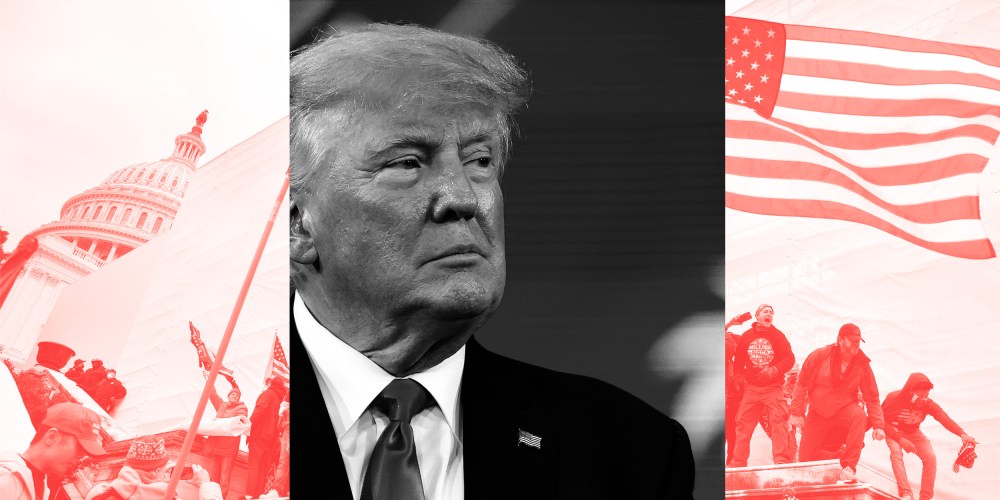In a media world where words and phrases including “This is big” or “This is a bombshell” are used far too often, we got some legitimately consequential news this week concerning former President Donald Trump and his legal troubles. The House committee investigating the insurrection at the U.S. Capitol last Jan. 6 has alleged that the evidence is “more than sufficient to establish a good faith belief” that Trump and others may have committed crimes or fraud to overturn the 2020 presidential election results.
The legal hot water Trump finds himself in is nearing a boil.
This means that the legal hot water Trump finds himself in is nearing a boil. Remember, though, that there isn’t a direct line from there to seeing Trump in a jumpsuit. There are a lot of steps in between.
With a court filing this week, the Jan. 6 committee alleges that not only Trump but also his former attorney, John Eastman, may have engaged in criminal or fraudulent behavior related to the 2020 election. Eastman, according to that court filing, was advising Trump on ways to undermine the valid presidential election results. Not only is that a bad look, but it may also be illegal.
The Jan. 6 committee has been trying to obtain information from Eastman about his purportedly illegal legal advice. Eastman has refused, claiming that because he was acting as Trump’s attorney, the information the committee wants is protected by the attorney-client privilege and the attorney work product privilege. These are, broadly speaking, evidentiary privileges which provide that many communications between an attorney and a client and documents prepared by that attorney can remain private. That is, unless an exception to those privileges applies. And this is where things get interesting.
The committee’s filing argues that there is no legitimate attorney-client relationship here and that documents prepared by Eastman do not fall within the attorney work product privilege. But then — and here comes “This is a bombshell” moment — the committee argues that even if those privileges existed in the first place, they can’t be used to shield Eastman’s documents because “[c]ommunications in which a ‘client consults an attorney for advice that will serve him in the commission of a fraud or crime’” are not shielded from disclosure.













